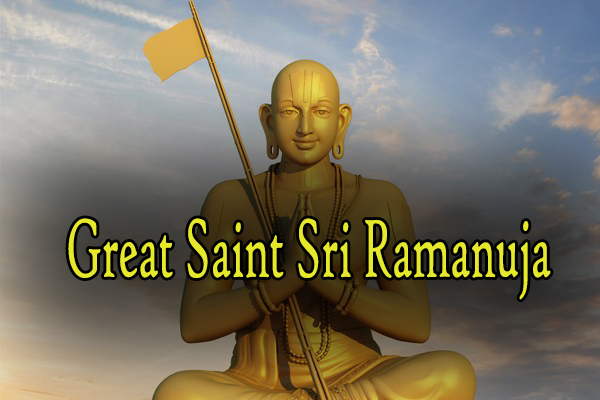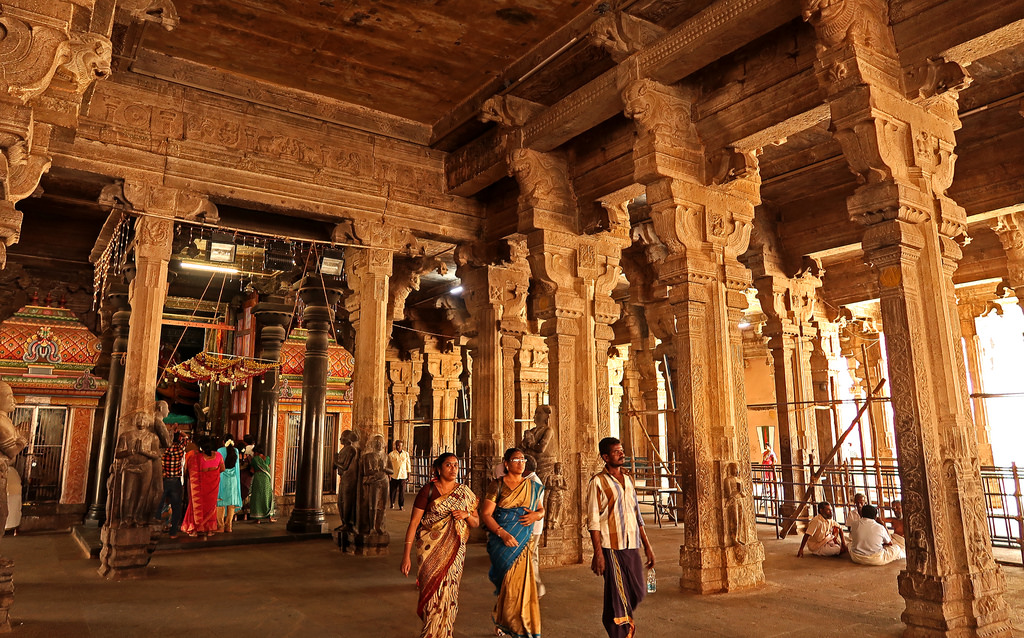MUNDAKOUPANISHAD - 63. Swami Advayananda.
===================================================================================
Friday 18, October 2024, 06:50.
6 Chapters (64 Mantras)
Here begins the second Section of the Third Canto.
6. QUALITIES SEEN IN A SAGE
(Mantras -54-64, 11 no.)
62. Mantram - 6.9: Knower of Brahman Becomes Brahman
Post - 63.
===================================================================================
62. Mantram - 6.9: "Knower of Brahman Becomes Brahman"
1
sa yo ha vai = Indeed, he who verily
tat paramam brahma veda, = knows that Supreme Brahman,
2
brahma iva bhavati; =he becomes Brahman alone;
3
na asya abrahmavit = and someone who does not know Brahman
kule bhavati; = there will not be in his family
4
tarati shokam, = He goes beyond all grief,
tarati paapmaanam, = he crosses the tendency to sin,
5
guhaa-granthibhyah vimuktah = being free from the knots of the heart,
amritah bhavati. = he becomes immortal.
=================================================================================
Earlier we had the bow and arrow simile in which we saw that the arrow becomes one with the target (4.3 & 4.4).
This same idea is brought in again now at the conclusion to highlight this fact as the keynote of this Upanishad.
1-2
The sage of realization becomes the Goal itself. It is such a unique path – it is the journey to one’s own Self. The arrow becomes one with the Target!
3
In the family of the cultured only cultured souls are born; conversely, in an uncultured family, uncultured souls take birth. In the family of saints, all who are born will have an inclination towards striving for God. This is meant by this line.
4
Shokam, Paapmaanam: “Grief and sin”.
These are the two things which torment people during the course of ordinary existence on earth. The quest of all human souls on earth is to avoid these two – grief and sin. The sage is the happy soul that has transcended them both successfully.
Human weaknesses come only when we want to supercede somebody, i.e. when we have a competitor to beat. The Jnani has no such worry over any competition, as he sees
himself in his so-called competitor. All human obstacles that cause grief arise from the ego sense. That ego itself has been disabled by Knowledge of the Self. Thus there is no danger of ever having to face any obstacles.
4
The ‘knots of the heart’ are born of ignorance. Knowledge destroys the very rope from which the knots are made. The ‘knots’ are a quick reference to a whole string of events
that ultimately produce grief and sorrow in our lives. The soul that is thus freed from thesknots attains immortality, as already explained (mantram 4.8).
The teaching of the Upanishad ends with this verse. It now remains to formally state the Phala or fruits of studying this text. All scriptural texts as a rule end with the Phala Stuti – a declaration of the benefits of studying the text. The last two verses have this purpose.
A rule is also given for the propagation of this knowledge to succeeding generations, so that it can be perpetuated among mankind.
*****
Next
63. Mantram - 6.10: Transfer of the Supreme Wisdom
Continued



.jpg)
.jpg)




.jpg)

Comments
Post a Comment